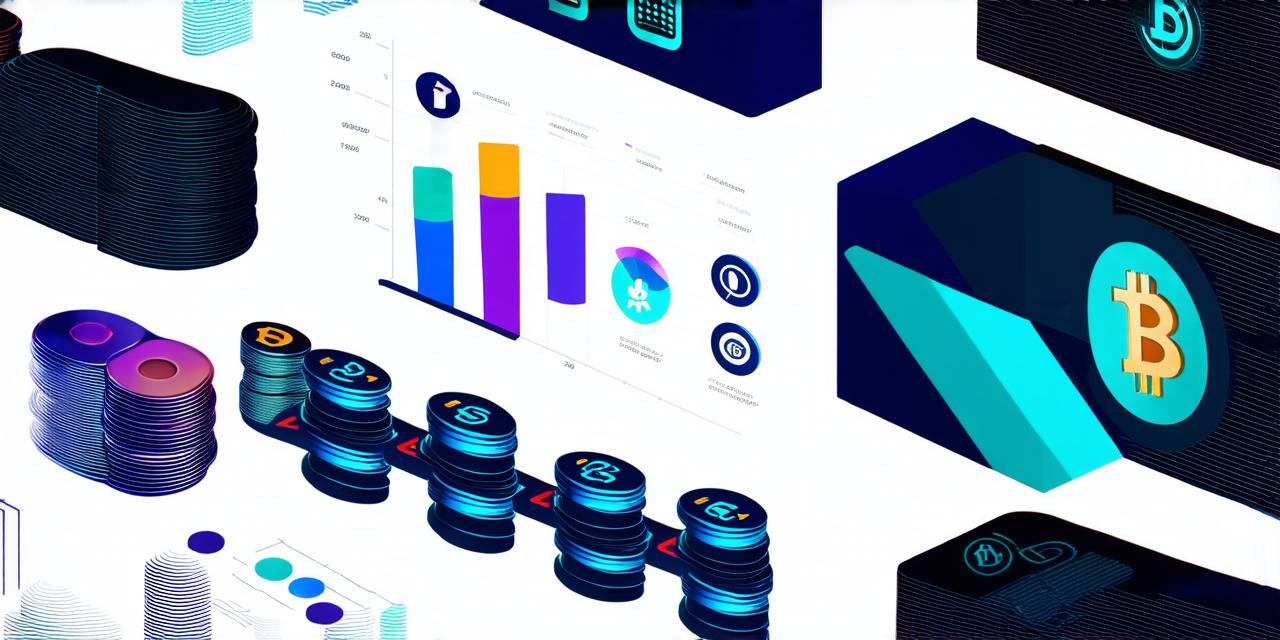As blockchain technology continues to evolve and gain traction, many people are beginning to question what other uses it might have besides cryptocurrencies. The answer is that there are numerous potential applications for blockchain technology across a wide range of industries.
1. Supply Chain Management
One of the areas where blockchain technology is showing the most promise is supply chain management. By using a distributed ledger, companies can track products from their point of origin all the way to their final destination. This allows for greater transparency and traceability, which can help to reduce fraud, improve efficiency, and enhance customer trust.
For example, Walmart has partnered with IBM to use blockchain technology in its supply chain. By using a distributed ledger, Walmart is able to track the origin of products and ensure that they are ethically sourced. This has helped to increase transparency and reduce the risk of counterfeit products entering the supply chain.
2. Healthcare
Another area where blockchain technology is showing great potential is healthcare. By using a decentralized ledger, medical records can be securely stored and shared between healthcare providers, without the need for intermediaries.
One example of this in action is the MediLedger Project, which uses blockchain technology to create a secure and transparent system for tracking prescription drugs. By using a distributed ledger, pharmaceutical companies can track products from the manufacturer all the way to the patient, reducing the risk of counterfeit drugs entering the supply chain.
3. Voting Systems
Blockchain technology also has the potential to revolutionize voting systems. By using a distributed ledger, votes can be securely stored and counted without the need for intermediaries. This allows for greater transparency and accountability, which can help to reduce fraud and enhance trust in the electoral process.
One example of this in action is the West Virginia Secretary of State’s office, which has partnered with Voatz to use blockchain technology in its voting system. By using a decentralized ledger, votes can be securely stored and counted without the need for intermediaries, providing greater transparency and accountability in the electoral process.
4. Identity Management
Identity management is another area where blockchain technology has the potential to make a significant impact. By using a distributed ledger, individuals can securely store and share their personal information between different organizations and services.
One example of this in action is the Sovrin Foundation, which uses blockchain technology to create a decentralized identity management system. By using a distributed ledger, individuals can securely store and share their personal information between different organizations and services, providing greater control over personal data and more efficient communication between different parties.

5. Smart Contracts
Finally, blockchain technology also has the potential to revolutionize smart contracts. By using a decentralized ledger, smart contracts can be securely stored and executed without the need for intermediaries. This allows for greater transparency and efficiency in contract execution, which can help to reduce costs and enhance trust between parties.
One example of this in action is the Ethereum network, which uses blockchain technology to enable the execution of smart contracts. By using a decentralized ledger, smart contracts can be securely stored and executed without the need for intermediaries, providing greater transparency and efficiency in contract execution.
Summary
In conclusion, blockchain technology is showing great promise across a wide range of industries. From supply chain management to healthcare, voting systems to identity management, there are numerous potential applications for blockchain technology beyond cryptocurrencies. As the technology continues to evolve and gain traction, we can expect to see even more innovative uses emerging in the coming years.
